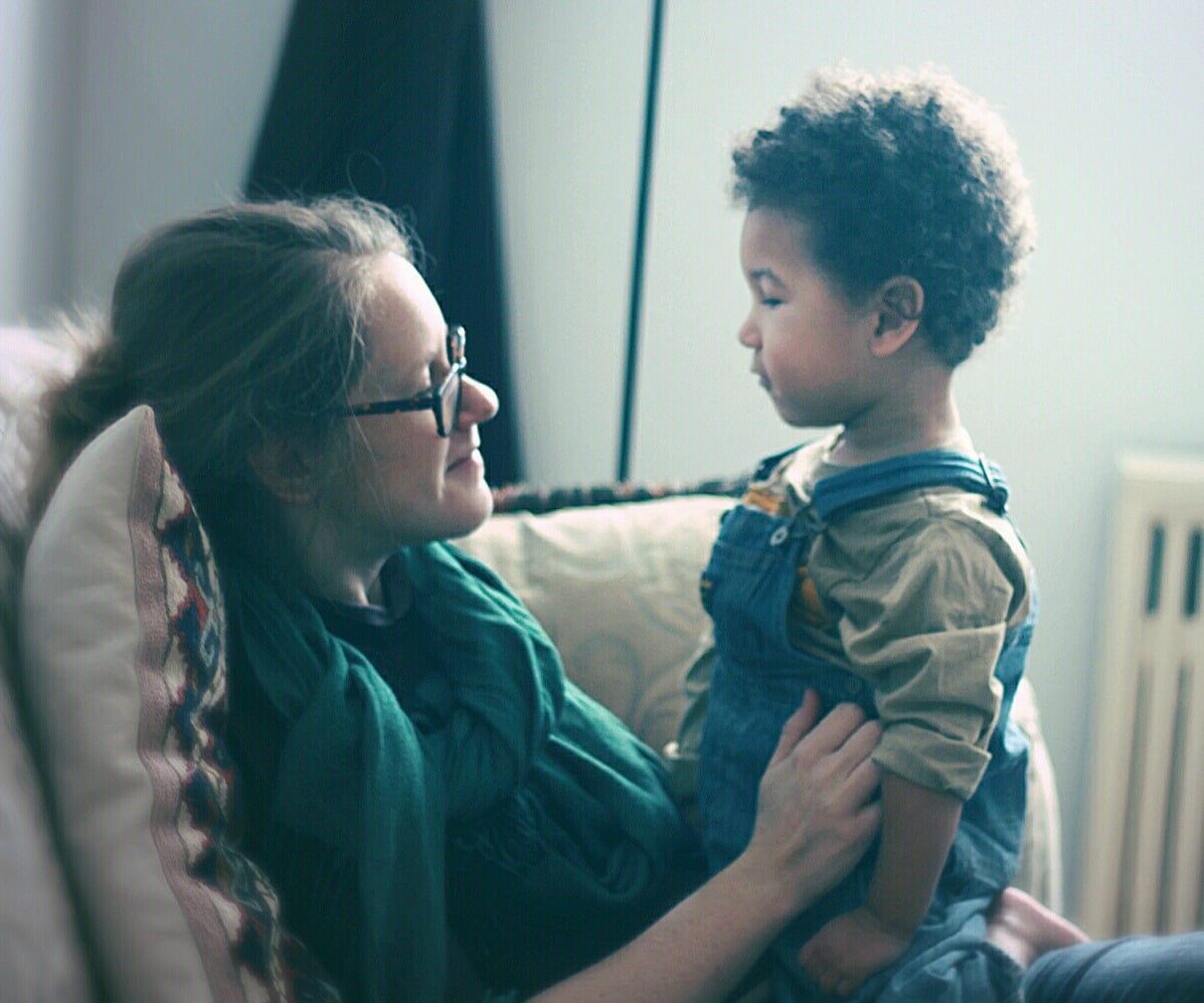As I was a very verbal and social little girl, my parents loved to foster my curiosity and encouraged my joy of learning. They read to me often, took me to museums, and arranged for social outings with peers. As I grew, my mother began to notice that I seemed to tune out when she introduced games that related to learning the sounds of the alphabet, games that my peers seemed happy to engage in. She hoped that it would be a passing phase, but when primary school began, an astute teacher realised immediately that something was wrong.
While every dyslexic learner develops and presents differently, this was where my own education into my learning differences began. Back then my school was not set up to accommodate my different needs so it took me years to realise that my time spent hiding out in plain sight in the classroom had left real scars; the secret that I had locked away while I was desperately trying to compensate for my deficits, was that I was “dumber” than the rest of my class. The emotional impact was far more subtle and fell under the radar for my parents, who were more attuned to my academic challenges.
As a psychologist, specialising in learning differences, the erroneous conclusion of being “less than” and the deeply held shame are what I have spent my adult life trying to help children avoid. Truth be told, there are still days that I need to remind myself, too.
1. Cultivate your patience and your belief in your child
Addressing this self-attack, for those of us whose alternative brain wiring requires that we learn differently than the majority of our peers, is an ongoing battle. Knowing as we do today, that as many as 20% of the population is dyslexic, can give children the important understanding that they are far from alone. Yet, being reassured that they can succeed and even excel at the highest levels is the message they are likely to need to hear over and over throughout their education.
Equally, a dyslexic child will have to understand that they must develop real persistence and a deep patience for themself; as their parent, you’ll need to do the same.
Being taught to read using a phonetic approach will likely address the initial academic hurdle of reading, but the emotional impact on a child trying their hardest, while possibly being told regularly that they are lazy or not paying attention, can be a gut punch. Combating these less visible injuries before they morph into false self-narratives or feelings of inadequacy is of the utmost importance.
No doubt it can be confusing for the uninitiated teacher or parent; how is it that a dyslexic child may be able to read a word and then stumble when they see it again a paragraph later? One way to combat these types of errors is to “over-learn” information through repetition. This will lead to quicker recall in the classroom but requires real patience and time.
When it comes to most subjects in school, I encourage parents to get creative in demonstrating a variety of ways to approach studying with their child. Mobilising their interests and special strengths can make studying more effective and fun. For example, if they are musical, incorporating songs into their homework may help engage them and serve as a mnemonic device; if they are artistic or visual learners, cuing into colourful or pictorial stimuli may invite more creativity, etc.
But if things don’t click as quickly as you hope, try removing the pressure by taking short breaks, introducing humour and infusing fun to lighten the mood. If a child learns to shift gears when things get especially tough and then come back to the task a bit later, they are building important resilience skills for learning.
Through these practices, they can develop the discipline to work hard and eventually increase their attention span. If they see their efforts paying off, it can boost their confidence at a core level.
2. Encourage exploring a full range of activities to discover new talents
Beyond academics, children who may be deprived of positive feedback in the classroom can benefit exponentially by fostering areas of interest and latent talents. Sports, arts, dance, robotics, gardening, cooking–any hobby or interest can inspire a spark for your child, as well as provide an alternate social environment. This can be a life raft for a child struggling each day at school and a strategy I wish my own parents would have known to do.
3. Use ‘failures’ as an opportunity to nurture resilience and strategic thinking
If they are confronting so-called “failure” in class, offering examples of when you have failed or were embarrassed or felt shame can allow them a much needed reality check. Life is filled with moments when we must lift ourselves up after facing disappointments. Learning to overcome these challenges with a sense of humour reminds us to try to go easy on ourselves. So more than a “perfect” parent, your child needs a parent who understands and can model the power of resilience in the face of vulnerability.
At the same time, championing them, despite temporary “failures,” will help your child internalise a deep belief in themself for life’s difficult moments. So if they receive an unsatisfactory grade, I recommend giving your child some time to move through their feelings, showing them empathy, and then helping them to pivot and examine what they can learn from the experience. This underscores that a “failure” is never an excuse to quit, but rather an indication to try a new tack.
4. Celebrate the effort that they put in, less so their grades
The truth is that a dyslexic child may need to understand that they may put in more effort than their peers and still not get the same grade – but things will get easier as they advance in school. I recommend reminding them often about the significant progress they have already made – and that they will need to play the “long game” during their school years. Looking online at the list of extraordinary and successful dyslexics as a further reminder, has always been a favourite for my patients, as it was for me.
So be sure you celebrate and emphasise the extra effort your child puts in, regardless of their grade. As they strive to refine their unique skill set and hone their best ways to study, the challenges of learning will diminish.
More than anything, your voice will encourage them to counter the shame that they may quietly and reflexively absorb in the classroom and beyond. Don’t be afraid to reward your child for their efforts and to reinforce grounded optimism and hope. Over time experience will show them that they can and will learn–and that things can get easier. Continuing to identify and develop their innate abilities and strengths will also help balance out struggles. With trust in themselves and belief in their own great capacities, they will find success in developing their extraordinary abilities and learn to sidestep the shame that many of us still fight.







